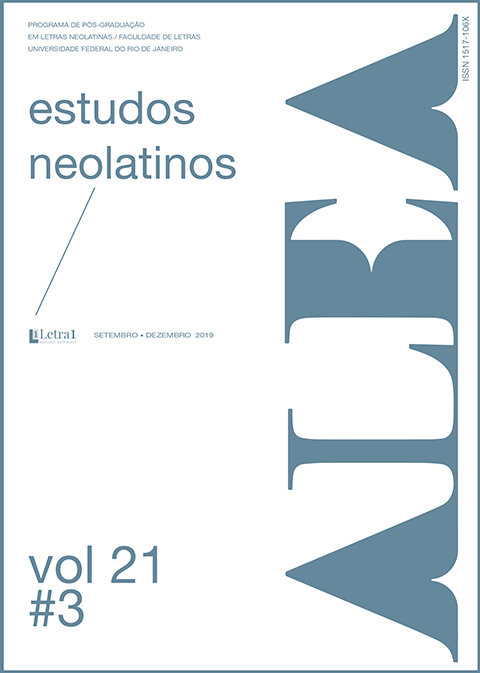On the cusp of mediating poverty: phenomenal experience and fear
Resumen
This paper presents some conceptual observations on how the condition of poverty is brought to public attention and discussed, i.e. on mediations of poverty. It is proposed that such mediation is largely monopolised by those who are not-poor, though attempts to describe the not-poor as a category call for circumspection. As such, mediations are based on preconceptions which are seldom examined carefully. These preconceptions are dubbed phenomenal bases here, and three are outlined in general terms: poverty as experience, visible poverty, and poverty in abstract. A final section considers ‘fear of poverty’ as a pervasive idea, and speculates on the possibility of approaching political economy accordingly.
Citas
BUTLER, Judith. Precarious Life: The Powers of Mourning and Violence. London: Verso, 2004.
GALSTON, William A. and Peter H. Hoffenberg eds. Poverty and Morality: Religious and Secular Perspectives. Cambridge: Cambridge University Press, 2010.
GENDLIN, Eugene. Experience and the Creation of Meaning: A Philosophical and Psychological Approach to the Subjective. Evanston: Northwestern University Press, 1962.
HAUGHTON, Jonathan and Shahidur R. Khandker. Handbook on Poverty and Inequality. Washington: World Bank, 2009.
HIMMELFARB, Gertrude. The Idea of Poverty: England in the Early Industrial Age. London: Faber and Faber, 1984.
LISTER, Ruth. Poverty. Cambridge: Polity, 2004.
LOREY, Isabelle. State of Insecurity: Government of the Precarious. Trans. Aileen Derieg. London: Verso, 2016 [2012].
RAVALLION, Martin. The Economics of Poverty: History, Measurement, and Policy. Oxford: Oxford University Press, 2016.
SARTRE, Jean-Paul. Being and Nothingness. Trans. Hazel Barnes. New York: Methuen, 1956 [1943].
Descargas
Publicado
Número
Sección
Licencia
EL/LOS/LA/S AUTOR/ES/AS confirma/n su participación en todas las etapas de elaboración del trabajo: 1) Concepción, proyecto, investigación bibliográfica, análisis e interpretación de los datos; 2) Redacción y revisión de los manuscritos; 3) Aprobación de la versión final del manuscrito para publicación; 4) Responsabilidad por todos los aspectos del trabajo y garantía de exactitud e integridad de cualquier parte de la obra. El envío de los trabajos implica la cesión inmediata y sin costo, por parte de todos os autores, de los derechos de publicación para la revista Alea, la cual estáafiliada al sistema CreativeCommons, atribución CC-BY (https://creativecommons.org/licenses/by/4.0/). EL/LOS/LA/S AUTOR/ES/AS es/son integralmente responsable/s por el contenido del artículo y continua/n reteniendo todos los derechos autorales para publicaciones posteriores del mismo, debiendo, si es posible, dejar constancia en las referencias a la primera publicación en la revista. Alea no se compromete a devolver las contribuciones recibidas. EL/LOS/LA/S AUTOR/ES/AS de artículos, reseñas o traducciones recibirán un ejemplar de la revista.

